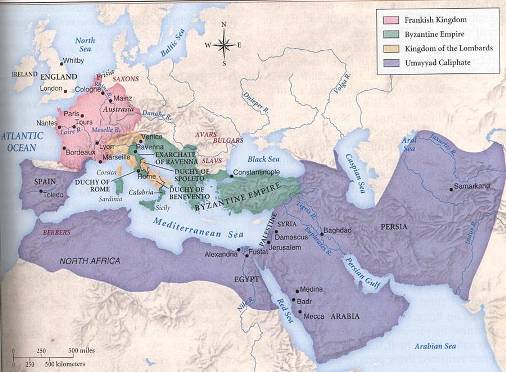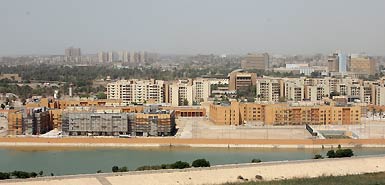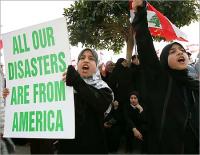Islam and International Relations
 When the Messenger of Allah صلى الله عليه وسلم established the Islamic state in Madinah, the foreign policy of the state was implemented without delay. Examples of this was when He صلى الله عليه وسلم signed the treaty of Hudaibiyah with, many Muslims were displeased with some aspects of the agreement, to such an extent that Umar bin Al-Khattab (ra) approached the Messenger of Allah صلى الله عليه وسلم and expressed his disagreement. However, he صلى الله عليه وسلم reminded Umar (ra) that his first priority was please Allah سبحانه وتعالى and to obey his commandments. Hence the treaty of Hudaibiyah helps us to understand that certain political manoeuvres which need to be taken to spread dawah. Also, it is vital to generate a good public opinion to earn respect and trust of the people.
When the Messenger of Allah صلى الله عليه وسلم established the Islamic state in Madinah, the foreign policy of the state was implemented without delay. Examples of this was when He صلى الله عليه وسلم signed the treaty of Hudaibiyah with, many Muslims were displeased with some aspects of the agreement, to such an extent that Umar bin Al-Khattab (ra) approached the Messenger of Allah صلى الله عليه وسلم and expressed his disagreement. However, he صلى الله عليه وسلم reminded Umar (ra) that his first priority was please Allah سبحانه وتعالى and to obey his commandments. Hence the treaty of Hudaibiyah helps us to understand that certain political manoeuvres which need to be taken to spread dawah. Also, it is vital to generate a good public opinion to earn respect and trust of the people.




 Many commentators have remarked that the last few years has seen a strategic shift in International Relations with an ever more aggressive and expansionist spectre affecting nations of the West, led by the United States; For Muslims throughout the world this comes as no surprise since the Islamic lands have been subject the varying forms of occupation for the past 200 years starting with the European assault upon the Uthmani Khilafah in the 18th Century. What is also clear is that the West's history of conquest and colonialism has been largely kept hidden from public view. However, closer scrutiny shows that western nations have been unrivalled in their application of organised and deliberate State sanctioned violence upon other peoples and nations.
Many commentators have remarked that the last few years has seen a strategic shift in International Relations with an ever more aggressive and expansionist spectre affecting nations of the West, led by the United States; For Muslims throughout the world this comes as no surprise since the Islamic lands have been subject the varying forms of occupation for the past 200 years starting with the European assault upon the Uthmani Khilafah in the 18th Century. What is also clear is that the West's history of conquest and colonialism has been largely kept hidden from public view. However, closer scrutiny shows that western nations have been unrivalled in their application of organised and deliberate State sanctioned violence upon other peoples and nations.